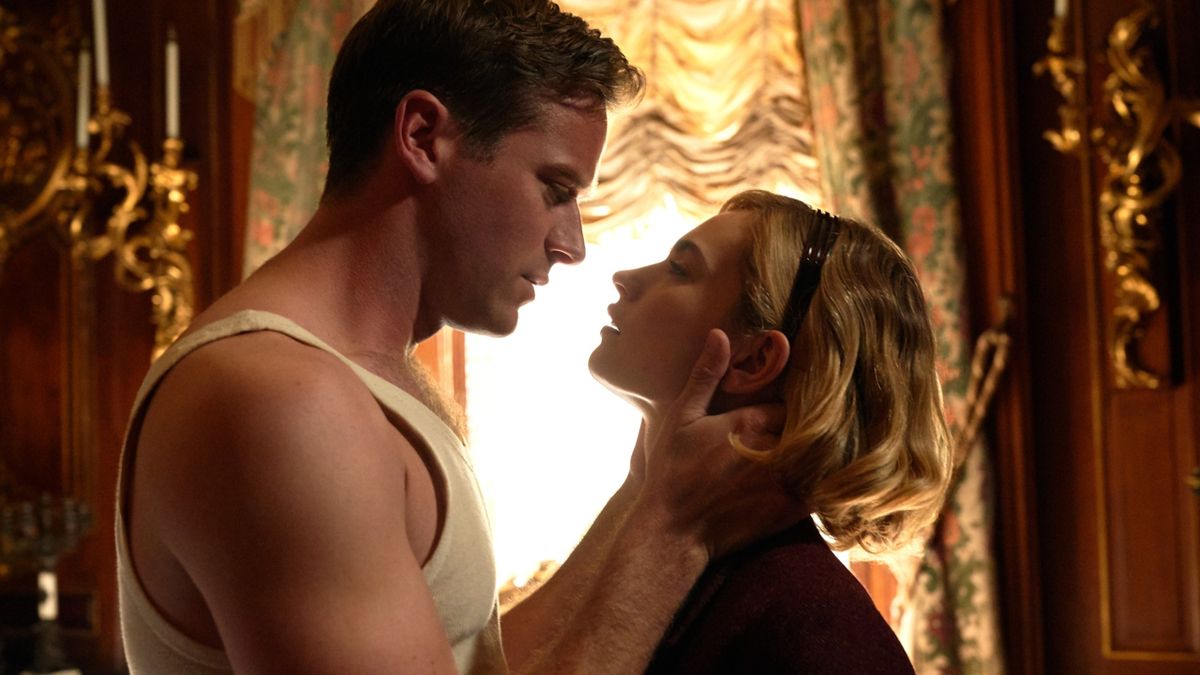12DOVE Verdict
Ben Wheatley’s handsome, risk-taking remake finds a heady romance in Du Maurier’s chiller classic, but sacrifices suspense for sweeping sadness.
Why you can trust 12DOVE
You can’t fault Ben Wheatley’s nerve. It takes the bravest of directors to re-adapt gothic romance Rebecca after Hitchcock’s 1940 Oscar-winning black-and-white chiller set the bar so high.
But by diving into Daphne Du Maurier’s original book, Wheatley has unearthed a lush, surprisingly glossy romance. In luxurious, pre-World War Two Monte Carlo, a class-crossed love affair ignites between Lily James’ shy, poor, lady’s companion (the character is famously never named) and Armie Hammer’s Maxim de Winter, a sad and wealthy English widower.
Cool your jets, though, if you’re expecting hair-raising eruptions of Wheatley’s trademark indie horror (A Field In England) or satirical ultra violence (High-Rise). Always a genre rover, who loves to mix it up, here he happily rolls a thriller, psychological horror, and courtroom drama into a traditional ’50s-style Hollywood women’s picture.
Revelling in the contrast between the sunny, beach-and-open-top-Bentley idyllic courtship, and the dour, oppressive Manderley (a kind of dismal, antique-crammed Downton Abbey) that the newlyweds return to, the film sticks firmly to the adoring but increasingly terrified point of view of the second Mrs De Winter.
She’s tortured and tricked with icy elegance by grieving housekeeper Mrs Danvers (a superb, snubbing Kristin Scott Thomas), with the ever-present memory of Maxim’s dead wife Rebecca, until her dreams crackle with creepy fantasies.
This rich, riveting relationship heavily overshadows the film’s firmly Cert 12 love affair (Hammer’s damaged, movie-star handsome Maxim lacks both the requisite well-mannered menace and a clipped English aristocrat’s accent).
With real audacity, the film engenders an unlikely pity for its villain, but even James’ brave Cinderella-honed sweetness can’t make Wheatley’s empowering but incongruous final-act plot changes land. Appropriately for a story about an inescapable predecessor, Hitchcock’s cruel, taut movie haunts this adaptation, the way that Rebecca herself haunts Manderley.
Kate is a freelance film journalist and critic. Her bylines have appeared online and in print for GamesRadar, Total Film, the BFI, Sight & Sounds, and WithGuitars.com.














